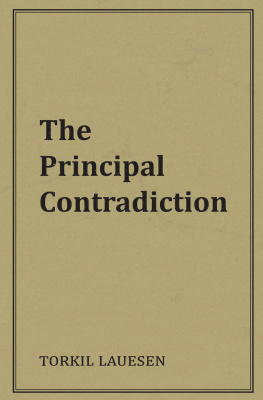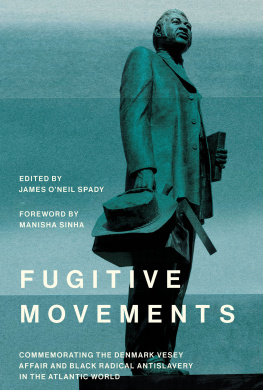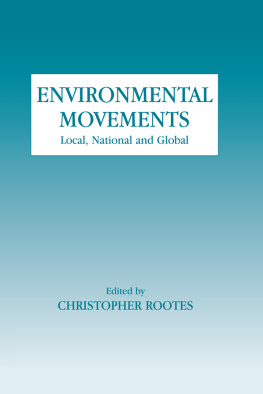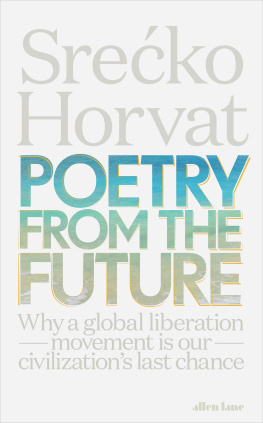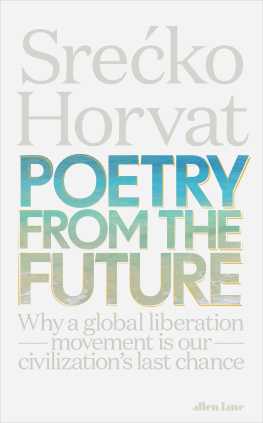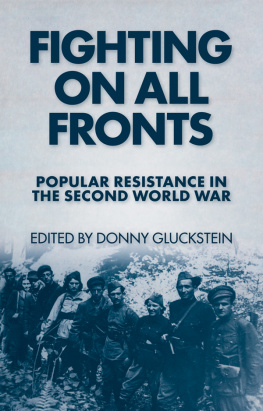The Global Perspective: Reflections on Imperialism and Resistance
By Torkil Lauesen.
Translation by Gabriel Kuhn.
ISBN 978-1-894946-97-1
Published in 2018 by Kersplebedeb
Copyright Torkil Lauesen
This edition Kersplebedeb
All rights reserved
To order physical copies of this book:
Kersplebedeb
CP 63560, CCCP Van Horne
Montreal, Quebec
Canada HW H
www.kersplebedeb.com
www.leftwingbooks.net
Also available from:
AK Press
370 Ryan Ave. #100
Chico, CA 95973
Voice: () - 1700
Fax: () - 1701
www.akpress.org
Preface
Important scientific and scholarly interpretations of imperialism have in the last thirty years reshaped the paradigms through which we analyse and understand human history. However, while postcolonial studies has from the 1970s described the perseverance of forms of cultural domination, a crucial marker of imperialist influence, critical geopolitical and economic analysis is absent in much of the research. At the same time, whereas colonialism has largely been abandoned (though not completely, as the examples of Afghanistan, Iraq, and Palestine show), free-market globalisation has stimulated a new era of neocolonial imperialism, reinforcing inequality both within and between countries. This resurgent imperialism has provided a spur to the further investigation of all facets of the phenomenon.
In recent years, as European and North American society has shifted further to the right, there has been a dramatic surge in pro-Imperial discourse. Many British writers, for instance, have built their careers on declaiming the glory of Empire, the march of progress, and the triumph of Western civilisation. In the 1990s, US political scientist and Vietnam War hawk Samuel Huntington famously decried the inherent barbarism of all non-Western cultures in his The Clash of Civilizations . He found an eager popular and academic audience in the context of the so-called War on Terror (during which the United States, the United Kingdom, and its closest European allies have wantonly and shamelessly slaughtered and starved millions of civilians) and the discourse of humanitarian interventionism.
The bigotry and hypocrisy of such conservative propagandists for unearned wealth and unvarnished power are apparent to all who possess even a modicum of critical awareness, whether inside or outside the academy. Yet intellectual dishonesty and complicity with the crimes of the great powers is not the sole preserve of the political right, though it is more obviously apparent there. Unfortunately, national chauvinism is promoted in the Global North by both the right and its ostensible liberal, socialist, and communist foes. Unquestionably, the class interests of the most affluent and bourgeois fractions of the international workforce are reflected in the analyses and propaganda of the European and North American left, for which imperialism is too often understood either as a historical or cultural anachronism, or as benefiting only big capitalists or a narrow upper stratum of workers in certain specialised sectors of the economy.
As this work by Torkil Lauesen reveals, however, under capitalism the advantages enjoyed by European, North American, and Japanese workers relative to the proletariat proper (exploited wage-earners in industry and agriculture) are paid for only by means of imperialism and can, therefore, only be maintained or extended through imperialism. Ultimately, this ensures that the pursuit of short-term economic advancement by what is thus constituted as a mass labour aristocracy must entail open or tacit compromise with capital. As such, those within the upper echelons of the global working class who seek to determine their future free of capitalist diktat must necessarily advocate the abolition of global wage scaling, even in the certain knowledge that this will mean a lengthy and considerable reduction in their own and their compatriots purchasing power.
The present work examines how imperialism has impacted societies in the Third World or Global South, that is, the former colonies of Asia, Africa, Latin America, and the Caribbean, as well as how it has shaped social relations and popular perceptions in the First World or Global North countries of Europe, North America, and Japan. It describes imperialisms evolving means of international wealth transfer and reveals how returns derived from unequal exchange, accumulation by dispossession, and capital export (none of which can treated in isolation from the other) have come to form the very taproot of the global profit system.
Today, the nations of the Third World face imperialist invasion, occupation, proxy war, embargo, extortion, starvation, assassination, genocide, fascist repression, corporate plunder, and grinding superexploitation. The contrast with the consumption, leisure time, and social peace that imperialism has afforded the nations of the First World could not be clearer. In spite of this, we have reached the point where authors such as Torkil Lauesen are forced to not only explain but to plainly state the obvious, even (and especially) to alleged Marxists. In these bleak times, it is often hard to discern how we can possibly work towards a better future. On an intellectual level at least, we can only begin to do so if we adopt the perspective of the world majority struggling for a better life.
In the present volume, the author places imperialism at the centre of his rigorous class analysis and, at the same time, positions class analysis at the centre of his understanding of imperialism. It is a work profoundly informed by a decades-long and unwavering commitment to labour internationalism. The author himself does not merely pay lip-service to this ideal as do most socialists in the West today, but tacitly affirms in every sentence that it is impossible to properly understand imperialism without sympathy for and solidarity with the struggles waged against it. This book deserves to have a very wide readership and a profound influence.
Dr. Zak Cope,
Belfast, Ireland
12 February, 2018
If the parasite state theory was accepted in our part of the world, it would be false.
Joke inside Communist Working Circle, 1975
introduction:
Why this book?
A Child of the Cold War
I WAS BORN IN 1952. M Y MOTHER worked as a nurse, my father as a ferry navigator. I grew up in the Danish social welfare state, at a time when consumer society hit it big. In 1956, we bought a television set, a telephone, and a refrigerator, and in 1959, a Renault 4CV. In 1962, we left our council flat for our very own house. The motto of the governing social democrats was: Make good times better!
My first political memory relates to the Cuban missile crisis of 1962. The Soviets wanted to deploy nuclear weapons in Cuba. This was in response to the USA deploying nuclear weapons in Turkey and the CIAs attempt to invade Cuba at the Bay of Pigs a year earlier. Soviet ships carrying nuclear warheads were spotted on their way to the Caribbean, and the US navy enforced a blockade of the communist island. No one knew what was going to happen when the Soviets met the American fleet; a nuclear war between the worlds superpowers seemed possible.
I was only ten years old but I understood the gravity of the situation. Earlier that year, the Danish government had distributed manuals to all households, titled If the War Comes. They included pictures teaching you to crawl underneath a table if you saw a blast. Then, you were instructed, you should head for the basement where water and food were stored. On our new TV set, I had seen images of the mushroom cloud, and I was familiar with the sirens that were tested every Wednesday in our neighborhood. Numerous people did indeed store water and food in their basements, but all I could think of was: Once we have eaten all the foodthen what?


